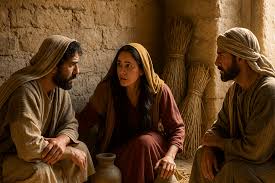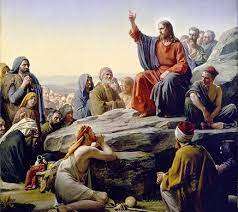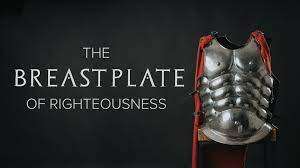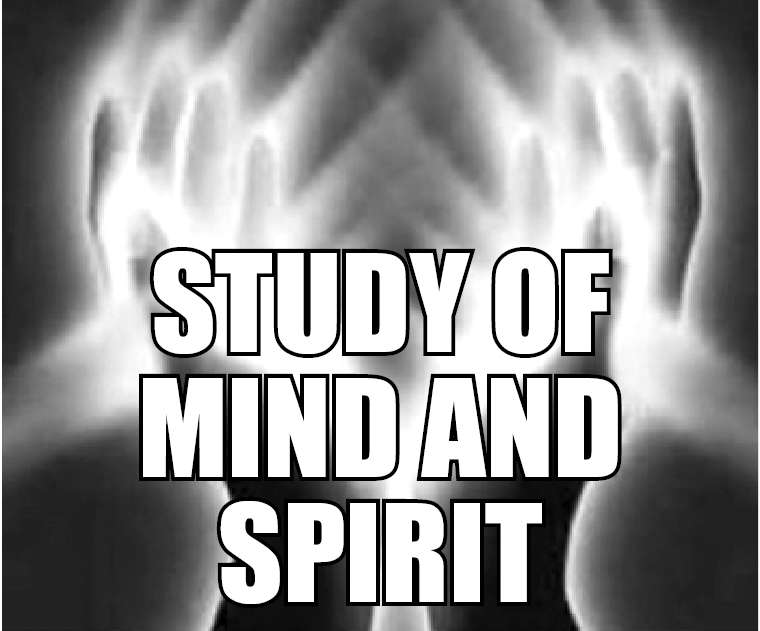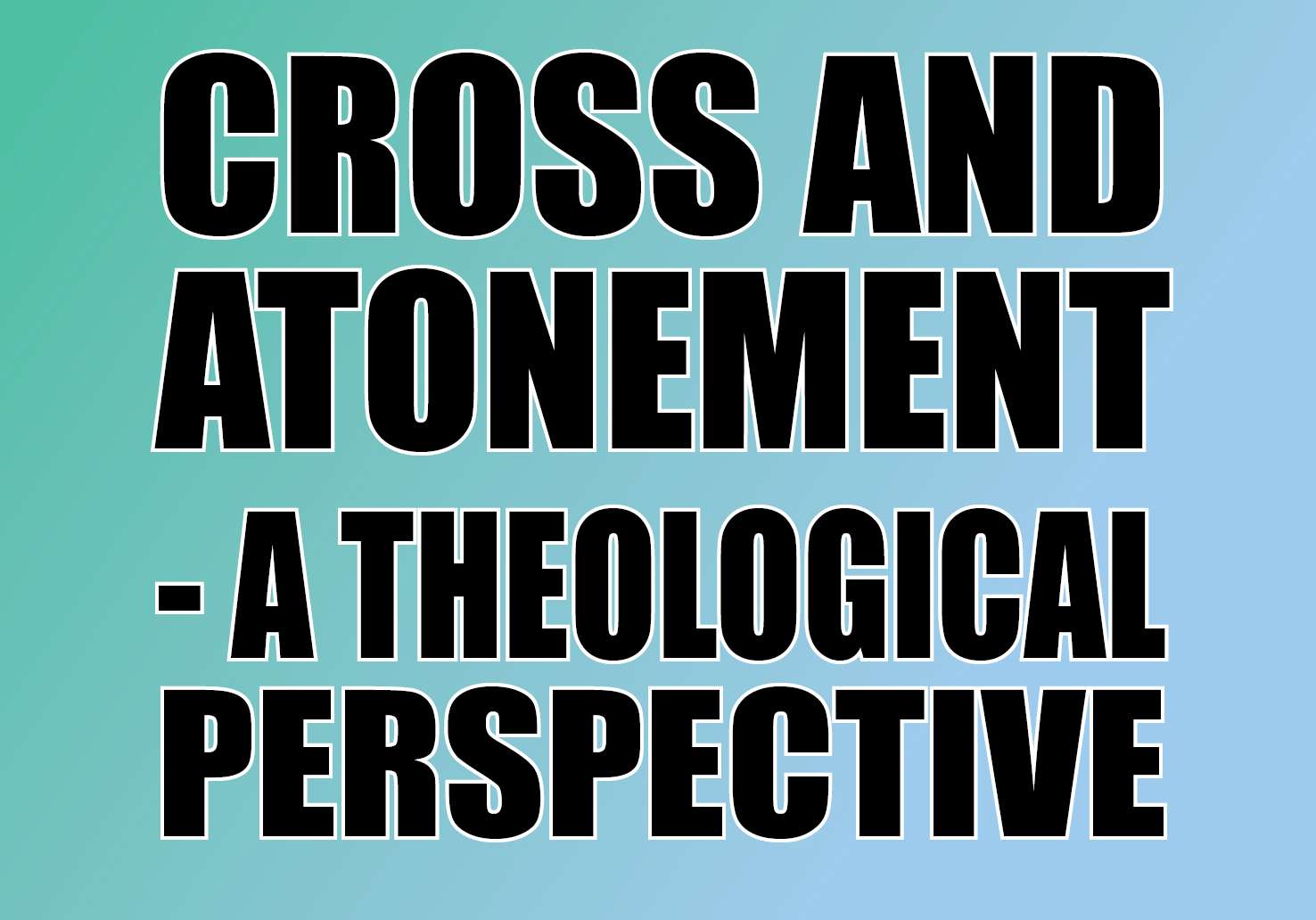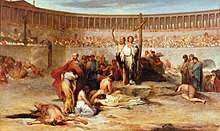

Suffering Persecution for the Sake of the Good News of Christ
Dr. Domenic Marbaniang
The timid disciples of Jesus found strength and hope when they saw Jesus after His resurrection. His glorious ascension and the message of the angels that He will return in the same manner should have removed all fear from their hearts. Then came Pentecost and the great outpouring of the Spirit that unleashed a remarkable breakthrough adding about three thousand people to the Church on a single day! The growth continued unhindered as more people continued to be saved and added to their number. Then, the second great event happened when a man who was lame from birth was healed in the temple premises through the ministry of Peter and John. Many more believed and were saved on that day. However, this also led to the first Christian experience of religious persecution that we read about in Acts 4.
The priests and the captain of the temple guard and the Sadducees came up to Peter and John while they were speaking to the people. They were greatly disturbed because the apostles were teaching the people, proclaiming in Jesus the resurrection of the dead. They seized Peter and John and, because it was evening, they put them in jail until the next day. (Acts 4:1-3)
The Sadducees disbelieved in and disliked the doctrine of resurrection. They neither believed in angels, nor spirits, nor in the resurrection (Acts 23:8). They also did not believe the prophetical writings to be Scripture and only held on to the first five books of Moses as the authoritative word of God. But they were men of political influence and controlled the temple ministry. During Jesus’ trial, Caiaphas the high priest, a Sadducee, tore his clothes when Jesus declared that He was the Messiah and that they will see the Son of Man sitting at the right hand of the Mighty One and coming on the clouds of heaven (Matt.26:64). This apocalyptic vision of the prophets was unacceptable to the Sadducees. Now, Jesus’ disciples were preaching the same thing that these leaders crucified Jesus for; in fact, they preached not merely the crucified Lord but the risen Savior. The defense of the apostles against the allegations is exemplary.
Unashamed of the Name
Quite a big crowd of rulers, teachers, elders, and priests gathered the next day to interrogate the apostles. Their one question was “By what power or what name did you do this?” (Acts 4:7).
These were the same leaders that questioned the authority and power of Jesus (Matt.12:24-26; Mark 11:28-30) were asking of His disciples the source of their power and authority. A succinct answer to this question could simply have been, “By the power of the Holy Spirit and the name of Jesus Christ.” However, Peter, filled with the Holy Spirit, took this opportunity to share the Good News.
“Rulers and elders of the people! If we are being called to account today for an act of kindness shown to a man who was lame and are being asked how he was healed, then know this, you and all the people of Israel: It is by the name of Jesus Christ of Nazareth, whom you crucified but whom God raised from the dead, that this man stands before you healed. Jesus is “‘the stone you builders rejected, which has become the cornerstone.’ Salvation is found in no one else, for there is no other name under heaven given to mankind by which we must be saved.” (Acts 4:8-12)
Peter’s first response contains a clear restatement of the question, a simple answer, a bold confession, and a gigantic declaration. We begin to see a Peter who is unafraid of the stormy winds and the rising waves but rushes into it with a sincere boldness of faith in His Master. Certainly, the rulers and the priests did have the right to make this query as required by Deuteronomy 13:1-5
If a prophet…appears among you and announces to you a sign or wonder, and if the sign or wonder spoken of takes place, and the prophet says, “Let us follow other gods”…“and let us worship them,” you must not listen to the words of that prophet or dreamer….
The Jewish Talmudic writings give precedence to the king over the high priest, and to the high priest over the prophet (See Jerusalem Talmud Horayot 3:5:6). In fact, they regard a scholar as more important and credible than a sign and wonder performing prophet (Jerusalem Talmud Berakhot 1:4:3). It should not, therefore, be surprising that the Jewish rulers took neither Jesus’ nor His disciples’ miracles seriously. Unlike the common populace, they were more interested in their message and understanding of the Law than in their miracles and treated signs and wonders as subservient to the Law. Both Jesus and the disciples did fully and adequately provide answers to the issues raised by these legal experts, scholars, and rulers of the day. However, this does not mean that Jesus and His disciples regarded miracles as unimportant and ignorable. Their ministry is evidence of the same.
Peter ties both physical healing and spiritual healing under the word “salvation”. The fact that this lame man was healed by the name of Jesus also means that there is salvation only in the name of Jesus, and in none other.
Both the Sadducees and Pharisees were more concerned about legal justification than prophetical justification of a miracle. But, unlike the Sadducees who questioned the authority of Jesus and some Pharisees who demonized Jesus for healing on the sabbath (John 9:16; Matt.12:24), Nicodemus, who was also a Pharisee, knew that nobody could perform the kind of miracles that Jesus performed unless God was with that person (John 3:2). So did other Pharisees who rhetorically asked, “How can a sinner perform such signs?” (John 9:16).
Jesus called the opposing leaders “brood of vipers,” hypocrites who appeared to be externally righteous but were internally debauched, and who were guilty of murdering the prophets (Matt.23:27-37).
To such a crowd did Peter proclaim Jesus, the One they crucified, as the Savior of the world. He boldly told them on their face that they were guilty of rejecting the Messiah and crucifying Him. He boldly proclaimed Jesus as sent by God, rejected by men, raised up from the dead, and lifted up above all names, the Name above all names, before whom all knees shall bow (Phil.2:9-11).
Word vs World
At the root of persecution lies denial, rejection, and a sense of threat. The Jewish religious leaders not only denied Jesus’ authority and rejected Him but felt threatened by His work and teaching. Regarding Jesus, they said, “If we let him go on like this, everyone will believe in him, and then the Romans will come and take away both our place and our nation" (John 11:48). So they decided to kill Him. Now, regarding the disciples of Jesus, they said “But to stop this thing from spreading any further among the people, we must warn these men to speak no longer to anyone in this name" (Acts 4:17). So, they called them and warned them.
However, Peter and John boldly replied that it was right in God’s sight to obey God rather than these people and that they could not but speak about what they had seen and heard (Acts 4:19,20). But, why were the hearts of these religious leaders so hardened against God?
It is obvious that they had no fear of God in their hearts. They feared people (Mark 12:12; Acts 4:21). They loved themselves and sought the honor of men (John 5:41-44). Probably, they were more afraid of losing their position or of being punished by the Romans (John 11:48). The fact was that they had neither the fear of God nor faith in God. Here, they were threatening the disciples, but at the same time were also careful to not displease the people who were already praising God for this miracle of healing. These religious leaders who were occupying the sacred temple’s high positions were actually very materialistic, secular, and worldy. They represented the world, not God. They were the “princes of this world” who “crucified the Lord of glory” (1Cor.2:8); while ironically seeking for themselves a false glory of this world.
Jesus had very clearly warned His disciples: "If the world hates you, keep in mind that it hated me first….If they persecuted me, they will persecute you also” (John 15:18,20). Contrary to the Jewish self-conceited disregard of the miracles, both Christ’s miraculous word and His miraculous works had an enormous testimonial significance in the eyes of God:
“If I had not come and spoken to them, they would not be guilty of sin. Now, however, they have no excuse for their sin.” (John 5:22)
“If I had not done among them what no one else did, they would not be guilty of sin. But now they have seen these miracles, and yet they have hated both me and my Father.” (John 5:24).
The fact that they saw the miracles and yet hated both Jesus and the Father left them defenseless. It would, therefore, be senseless for Christ’s disciples to bend down to the wish and will of such hardened and condemned humans. They would rather obey God than men.
The first Christians embraced the word and rejected the world. This was reflected not only in their prayer, but also in their ministry, and their lifestyle. Acts 4:24-35 tells us about their manner of living. They prayed not for God to take away the persecution but for power to speak God’s “word with great boldness,” and for God to stretch out His hand to “heal and perform miraculous signs and wonders” in the name of Jesus even as they boldly testified with all grace. It also tells us that they had all things in common and were a sharing community that fulfilled Christ’s commandment of love:
“This is my command: Love each other. If the world hates you, keep in mind that it hated me first.” (John 15:17,18)
The world is divided into those who love Jesus and receive Him and those who hate Him and reject Him; those who love Him also love each other contrary to the world that hates them all (John 13:35; 1John 2:9-11). A congregation that is divided and filled with wranglings and disputes fails to stand as a beacon of God’s truth and has forgotten her upward calling in Christ (1Cor.6:7; 1Pet.3:9); but a loving and caring community demonstrates a living faith in Christ (James 2:14-17).
Conclusion
Jesus warned that suffering is natural for the righteous. Jesus did not promise a no-trouble life; in fact, He said that in this world we will have tribulation, but there is hope because Jesus has overcome the world (John 16:33). “In fact,” Paul told Timothy “everyone who wants to live a godly life in Christ Jesus will be persecuted” (2Tim.3:12). The only way to escape trouble is by casting away one’s cross, forsaking the word and the work of Christ, and returning to some comfort zone in the world (Matt.13:20-22; 2Tim.4:10). But there is true peace and comfort only in Christ (John 16:33); He gives us His peace not as the world gives, because He wants us to be fearless and hopeful (John 14:27).
In times of trials, this may look easier said that done. But, may the example of our Lord Jesus and of the apostles remind us and strengthen our hearts so that we can focus on the truth of God, our victory in Christ, and our eternal inheritance in God’s kingdom. In times of trials, may our hearts learn to pray like the disciples did, love like the disciples did, and testify to Christ’s resurrection as the disciples did. And, may the Lord stretch out His hand to heal and perform miraculous signs and wonders through the name of His holy servant Jesus! (Acts 4:30).

